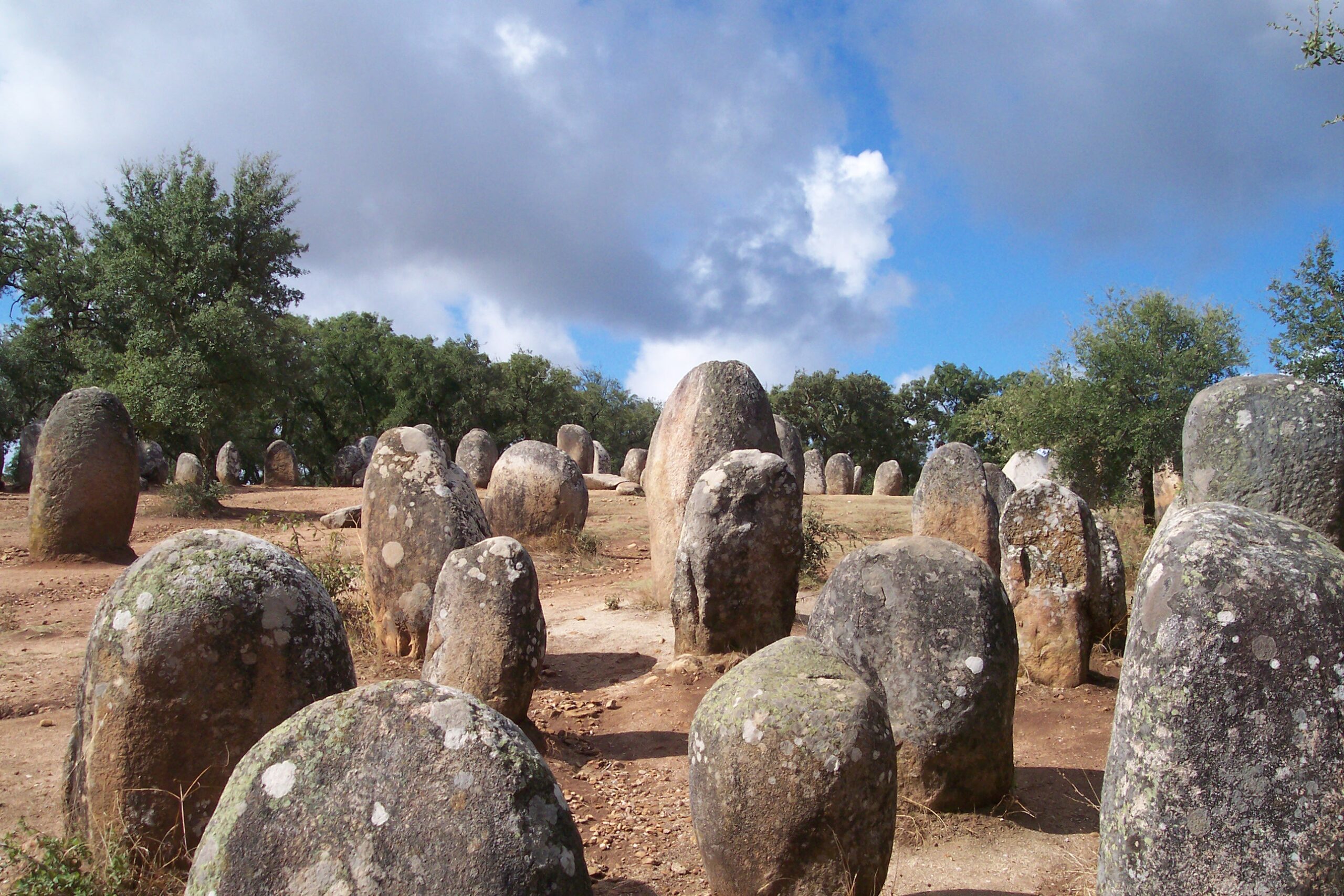- Science and technology studies, esp. actor-network theory, complexity theory, “cosmopolitics,” & the politics of ontology
- Psychology, sociology, & politics of knowledge; Anomalistics & conspiracy cultures; “Disinformation” and the global political & cultural economy/ecology of media
- The philosophies of A. N. Whitehead, C. S. Peirce, Gilles Deleuze, immanent naturalism, Buddhism (Tiantai, Chan/Zen), Daoism, anarchism & radical democracy
- Contemplative practices and self-cultivation, or “philosophy as a way of life,” from the ancients (Greece/Rome/India/China) to today

I have a range of more general, philosophical interests that underpin my empirically oriented research. These constellate at the intersections of ontology, epistemology, and the ethics and aesthetics of living — or, in lay terms, of what we know about the nature of the world (ontology), how we know it (epistemology), and its implications for how we should live.
While these figure in much of my writing on environmental/ecological and cultural themes, they sometimes veer off into other areas. Two of these are anomalistics, or the study of scientific “anomalies” and how they are made sense of both by scientists and non-scientists, and the ecology of knowledge and information in the rapidly changing system of global media.
My blog Immanence (especially the MediaSpace and SpiritMatter categories) is probably the best place to find my writing on these two topics, though they find their way into some published writing, including the books Claiming Sacred Ground and Shadowing the Anthropocene, some of my interviews (see side-bar), and a few pieces like these:
- Process-Relational Philosophy as a Way of Life: Toward an Eco-Ethico-Aesthetics of Existence, in Ponce de Leão, Mendes, and Lira, eds., Ecocriticism, 2018.
- Occult geographies, or the promises of spectres: Scientific knowledge, political trust, and religious vision at the margins of the modern, in Stenner and Weber, eds., Orpheus’ Glance: Selected Papers on Process Psychology. The Fontareches Meetings, 2002-2017 (Chromatika, 2018)
- Pagan(ish) Senses and Sensibilities, The Pomegranate 17 (2015) (an autobiographical piece)
Photo: Megalithic stone circle of Almendres, Portugal. A. Ivakhiv.
